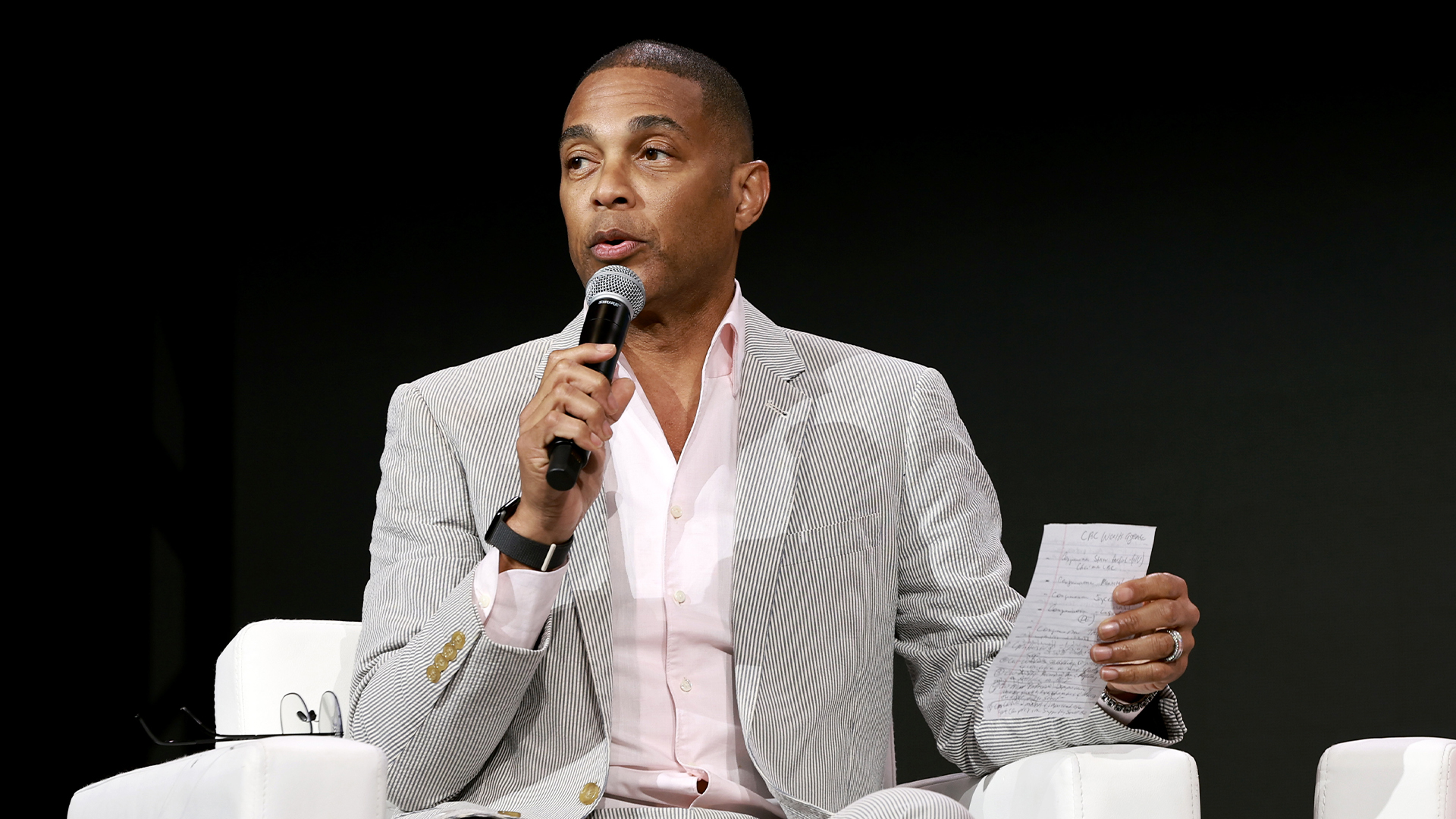A March 2024 interview between journalist Don Lemon and Tesla CEO Elon Musk is spinning the block and finding new life, resurfacing across social media feeds and news cycles amid the growing backlash against diversity, equity, and inclusion (DEI) initiatives.
Although the conversation is nearly a year old, it has gained fresh traction with the recent policy rollbacks under the Trump administration and corporations scaling back DEI initiatives. The interview, which touched on topics ranging from hate speech to the controversial “great replacement theory,” has become a focal point for examining common misconceptions about DEI, particularly in professional environments.
In the interview, Lemon directly challenged Musk’s assertions that DEI initiatives are detrimental, particularly in fields like medicine. Musk claimed, “If the standards for passing medical exams and becoming a doctor, or especially something like a surgeon, are lowered, then the probability that the surgeon will make a mistake is higher.” Lemon quickly countered, emphasizing the absence of evidence to support Musk’s claims.
“The actual evidence and history show the exact opposite. If you look at how minorities were treated by the medical system, most doctors now are white, and there are lots of mistakes in medicine.”
This exchange underscores a common misconception: that DEI compromises meritocracy. In reality, DEI does not lower standards. Instead, it ensures that highly qualified individuals who have historically been overlooked due to systemic barriers are given equitable access to opportunities. DEI initiatives focus on expanding the talent pool, not diluting it. They aim to identify and remove biases that have historically limited access based on race, gender, religion, age, or sexual identity.
Musk’s hypothetical scenario, suggesting that lives are at risk due to lowered standards, lacks empirical backing.
However, the former CNN correspondent countered by asking, “But why respond to something or put something out there that has not happened?” The absence of real-world examples highlights the speculative nature of such claims, often rooted more in ideological bias than factual evidence.
The broader context of this interview is critical. Since the resurgence of Trump-era policies, DEI programs have faced increasing resistance. Some corporations have scaled back initiatives, influenced by political rhetoric that frames DEI as antithetical to merit.
Moreover, data consistently shows that diverse teams drive innovation, enhance problem-solving, and improve financial performance. According to a 2018 study by Boston Consulting Group, companies with leadership teams that exhibit above-average diversity reported innovation revenue that was 19% higher than companies with less diverse management.
In health care, diverse medical teams can lead to better patient outcomes due to a broader range of perspectives and cultural competencies, according to a scholarly article from the National Library of Medicine. Per AFROTECH™, a study published in JAMA Network Open revealed that Black individuals living in U.S. counties with a higher number of Black physicians tend to have longer life expectancies. This underscores the critical importance of diversity in health care, as it can lead to improved health outcomes and greater trust within Black communities.
A separate AFROTECH™ report shows that the healthcare industry is making significant strides toward equity, with United Healthcare Group committing $100 million in philanthropic funding to foster partnerships aimed at building a more diverse workforce by 2033. This effort is pivotal, as patients often delay or avoid care when healthcare providers, treatment approaches, or medical environments fail to align with their cultural values, beliefs, or life experiences.
The focus of this healthcare equity initiative spans six key areas: enhancing care experiences and workforce diversity, addressing behavioral and mental health, tackling socioeconomic barriers, managing chronic conditions, improving care access and affordability, and reducing disparities in mortality and life expectancy. This comprehensive approach underscores the findings from the scholarly article referenced above, highlighting how culturally responsive care can significantly improve health outcomes by bridging gaps in trust and accessibility.
This diversity not only enhances communication and fosters culturally sensitive care but also plays a significant role in reducing health disparities among minority populations, ultimately improving the overall quality and equity of healthcare delivery.
The workforce largely shares this sentiment around the positive impact of DEI. A 2023 Pew Research study reveals that 56% of workers view efforts to promote diversity, equity, and inclusion (DEI) in the workplace as a positive thing, while 28% are neutral, and 16% see it negatively. Support for DEI varies across demographics, with strong backing from Black (78%), Asian (72%), and Hispanic (65%) employees. Among white workers, however, less than half (47%) view DEI positively, and 21% consider it a negative focus. Notably, there are significant divides within this group, as white Democrats, women, and those under 30 are more likely to support DEI initiatives.
Going back to the Lemon-Musk interview, it is also worth noting Musk’s influence on American discourse despite not being a U.S. citizen. His platform amplifies narratives that can shape public opinion and policy, making it essential to critically assess the validity of his statements.
This interview serves as a powerful reminder of the need to ground discussions about DEI in facts, not hypotheticals. As Lemon aptly highlighted, the real evidence points to DEI’s role in enhancing, not endangering, excellence.


